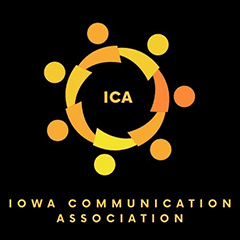Abstract
Abraham Lincoln must take part of the responsibility for obscuring George Fitzhugh's role in the creation of the rhetoric of the Civil War. Responding in 1859 to charges of dishonesty levelled by Senator Stephen A. Douglas, the future President denied having originated the incendiary phrase "A House Divided Against Itself Cannot Stand," attributing the idea instead to Roger A. Pryor, editor of the Richmond Enquirer. Lincoln had subscribed to the paper since his days as a circuit lawyer; by poring over its pages he hoped to stay close to Southern opinion on the crucial questions of slavery and commercial regulation. Of the regular contributors to the Enquirer it was Fitzhugh who came to embody for concerned Northerners the most disturbing aspects of the Southern cause. Many prominent abolitionists--and Lincoln himself--regularly invoked his name in editorials and stump speeches, using his seemingly extreme notions of Southern particularity as the foundation of their disquisitions. It is precisely because the North formed crucial aspects of its own ideology in response to Fitzhugh's work that we should note that Lincoln derived one of his most effective tropes not from Pryor, but from an unsigned editorial by this conservative thinker. Here we have a remarkably even-handed contribution to the war effort that has gone largely unnoticed.
Journal Title
Iowa Journal of Communication
Volume
25
Issue
3
First Page
46
Last Page
49
Language
en
File Format
application/pdf
Recommended Citation
Adams, Richard
(1993)
"for George Fitzhugh,"
Iowa Journal of Communication: Vol. 25:
No.
3, Article 16.
Available at:
https://scholarworks.uni.edu/ijc/vol25/iss3/16
Copyright
©1993 Iowa Communication Association



